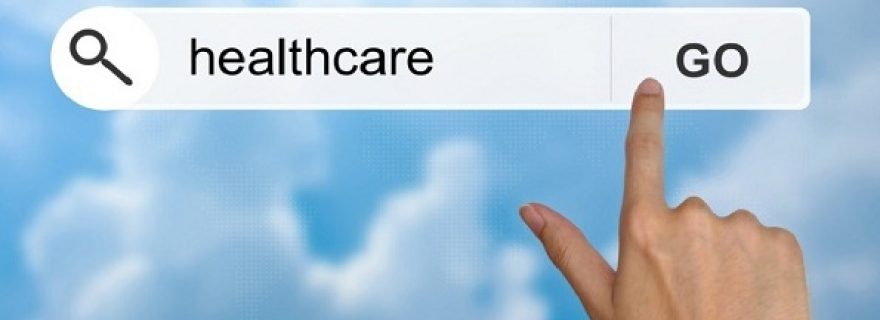How health 2.0 are you?
The internet has blended into every aspect of our lives: we work, socialize, shop, and play via the Web. But has your doctor ever communicated with you via e-consult, monitored your progress online, or granted you access to medical files via a web portal?
Digital health care
The internet has blended into every aspect of our lives: we work, socialize, shop, and play via the Web. But has your doctor ever communicated with you via e-consult, monitored your progress online, or granted you access to your medical files via a web portal?
Probably not. Not because it’s not possible, but because he doesn’t know it’s possible, feels the extra hassle outweighs the benefits, or because he thinks you wouldn’t be interested (according to the eHealth-monitor). But what’s the first thing you do when you have a sore knee or an ingrown toenail? You Google it. Wouldn’t it be helpful if, at the end of your appointment, your healthcare provider (the expert) told you where to look for quality information or self-help tools? Wouldn’t you like the option of online treatment (e.g. cognitive behavioral therapy) you could follow from the comfort of your own home, with your care provider as e-coach? In all phases and specializations of health care, the digital world offers countless eHealth possibilities to enhance healthcare and empower patients – ranging from e-prevention or e-therapy to automations in the homes of elderly people.
What are the benefits of online care?
Let’s get one thing straight: most eHealth applications are not intended to replace health care providers. But with a growing number of elderly people, people with chronic conditions, and people going to the doctor because they have diagnosed themselves with a fatal disease using the internet, we need eHealth to supplement regular care. It facilitates a higher quality and continuity of care and encourages self-management among patients. Possibilities include real-time monitoring of blood glucose levels for diabetes patients, for instance, or using a mobile game to keep up with rehabilitation exercises.
Furthermore, eHealth applications facilitate stepped care: patients can be offered low-key and/or low-cost support if that meets their needs. People with mild to moderate depressive symptoms, for instance, can benefit from online treatment. The integration of online applications into regular (face-to-face) care won’t happen overnight, but it is emerging already and will keep evolving in coming years. And if you’re still skeptical, this video from 1999 may take you back a few years to when we still felt we could live without a mobile phone.
eHealth in the real world
In pilot studies and controlled research settings, eHealth applications have been shown to be effective in terms of outcome measures and patient satisfaction. Technological possibilities are growing by the day and the options are endless. Nevertheless, to secure optimal use and effect in clinical practice, the current challenge is to communicate to and with patients, health professionals, and management teams on what eHealth has to offer, and how it can benefit their care. In previous research me and my colleagues have shown that in order to develop valuable and sustainable applications, it is vital to take into account the needs, values, and skills of the end-users.
The future of health care starts with education
The process of implementing eHealth and using it as a self-evident addition to face-to-face care will take time and effort. Reimbursement and legislation issues are likewise growing. Undoubtedly, the use of eHealth will become more natural with each new generation of healthcare providers. To facilitate this growth, this semester the Health, Medical and Neuropsychology Section has launched a new elective for Psychology Master students: Innovations in eHealth Care. This Master course educates our students about the wide range of possibilities eHealth can offer for psychological purposes. Students are taught how to use eHealth in a critical and constructive manner to enhance healthcare, and are challenged to design their own eHealth application. eHealth is part of the future of healthcare, and with this new course Leiden University is at the forefront of such innovations.
Interested? Check our e-Prospectus!





